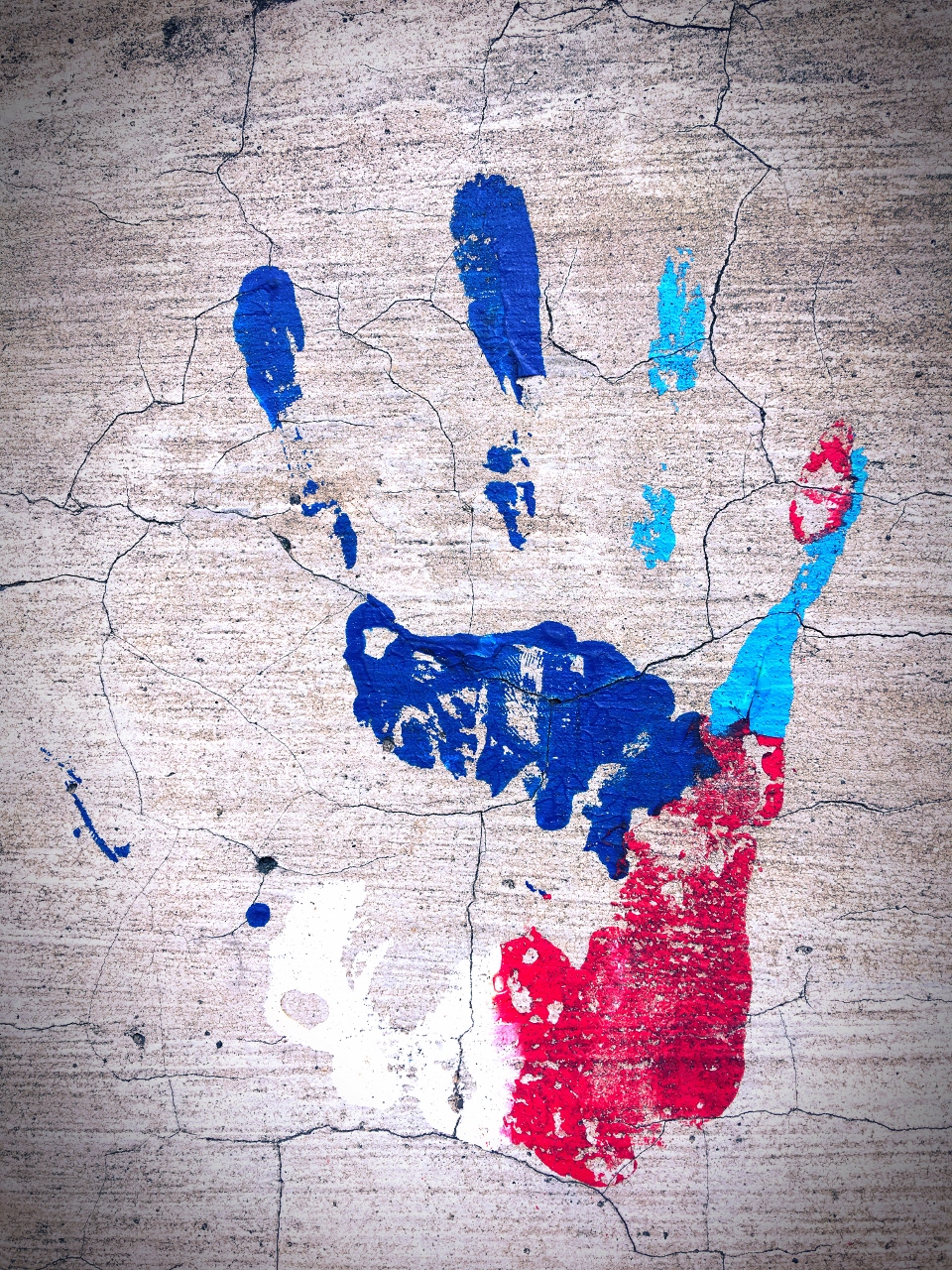
By Sarah Einstein
Like a good citizen, I call my senators at least once a week these days, but their aides are brusque. They tell me that Alexander and Corker support the President’s education agenda/healthcare reform/immigration order or whatever I’m outraged about on that day. In the first few weeks, they’d thank me for my call. Now they simply say, “Your objection is noted,” and hang up as quickly as they can. Once, as if caught off guard, one said, “Are you sure you live in Tennessee?”
I carry my passport with me everywhere these days.
I’ve begun to sort that which is precious and from that which is not. I make a small pile of the things I’d pack in the night, a larger one of the stuff I would leave. Everyone is insisting we’re just one Reichstag Fire away from fascism. On the news, I watch a steady stream of black people murdered by the state for their blackness, and I think it’s more likely that we’ve already had the Anschluss.
When I travel, I wear an inherited diamond I feel silly wearing at home. I remember being told when I was younger that a Jewish woman should always have enough jewelry on her body to bribe her way over a border. At the time it seemed quaint. Now it seems key. For the moment, the diamond ring’s still on my finger. I wonder if there will come a day I’ll need to sew it into the hem of my coat.
Over coffee, my friend Meredith talks about joining the resistance in a way that suggests we’re headed for a war she thinks we can win. I talk about going to ground, about building false walls for hiding people waiting for fake passports and safe transport. We scare ourselves and then laugh at ourselves, but even after the laughing we are still scared.
Meredith wasn’t always Meredith, and there is a passel of bills in our state legislature designed to make it impossible for her to be Meredith now. I tell her I will hide her in my hidden rooms, if it comes to that. She says she won’t be hidden, but she might move to Atlanta.
My coffee these days is chamomile tea. I’m jittery enough as it is.
If we flee, we will go to my husband’s family in Austria. The irony of this is not lost on me; there are Nazis in the family albums. They assure us that we’ll be safe there, should it come to that, and I believe them. They’ve clearly learned lessons that we have not.
My husband has stopped talking about becoming an American citizen and started talking about being an anchor relative.
My friend Jessica is spending all her vacation time in Israel this year, establishing the Right of Return. I’ve stopped questioning the politics of this; refugees go where they can.
This Hanukah, I will give my niece and nephews passports if they don’t already have them. If they do, I will give them whatever they ask for. I’ve lifted my moratorium on war toys. Maybe they should know how to handle a gun.
My closest disabled friends and I swap lists of medications and start to horde the things one or some of us need against the day we lose access to them. We read up on actual expiration versus labeled expiration dates. We refill prescriptions before we need to, just in case.
I have six boxes of Plan B in my closet, even though I’m long past child-bearing years. On campus, I spread rumors about a shadowy network of old women who will help younger women with travel and money for abortions if they can’t get the healthcare they need in their home towns. I call all my old woman friends and build the network. I keep their names and numbers in handwritten lists and hide them away.
I refuse to let my husband put a “Stop Trump” bumper sticker on our car. “That’s just foolish,” I say. I let him keep the Cthulu fish. For now.
A young woman cries in my office, afraid that if she comes out to her parents they will disown her; she’s still dependent on them. I tell her that she doesn’t have to come out to them now, or ever, if she doesn’t feel safe doing so. She looks shocked. It breaks my heart to have been the first to suggest the safety of the closet to her; I wonder what she is coming out of, if it had never occurred to her to remain in.
I’ve stopped going to protests and started going to meetings for which there are no flyers or Facebook event notices. To find them, you have to know someone who already has. We talk there of things I won’t write here. At first, we turned off our phones. Now, we leave them at home.
And yet still, like a good citizen, I call my senators at least once a week. Their aides are brusque. In the first few weeks, they’d thank me for my call. Now they hang up as quickly as they can. I haven’t yet given up on the dream of America, but I’m making contingency plans.
•••
SARAH EINSTEIN teaches Creative Writing at the University of Tennessee at Chattanooga. Her essays and short stories have appeared in The Sun, Ninth Letter, Still, and others journals, and been awarded a Pushcart and a Best of the Net. She is the author of Mot: A Memoir (Univerity of Georgia Press, 2015) and Remnants of Passion (Shebooks, 2014).

 Follow
Follow